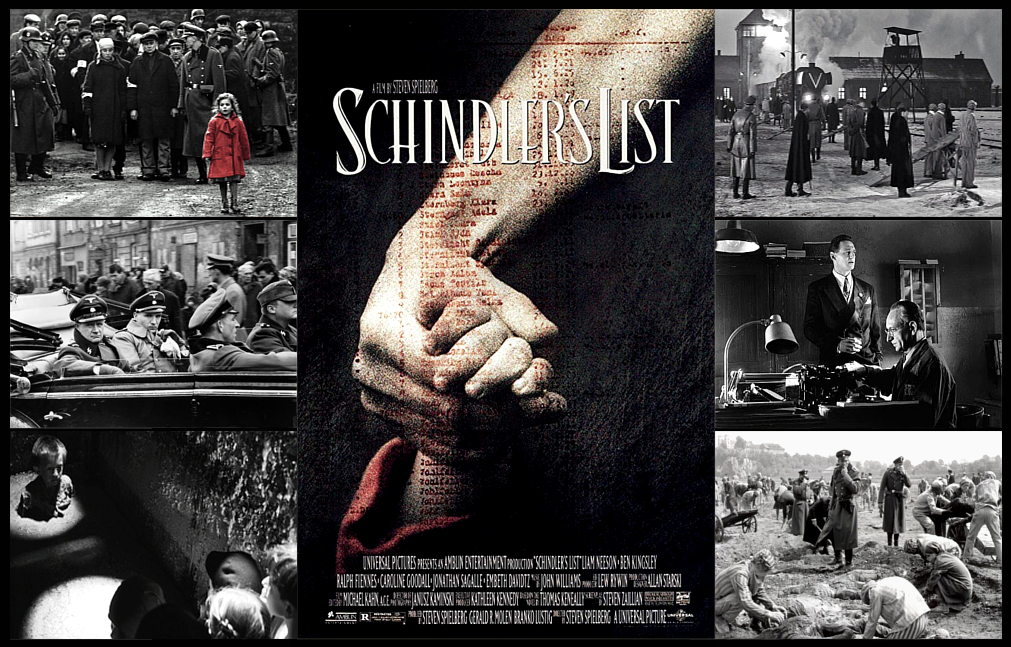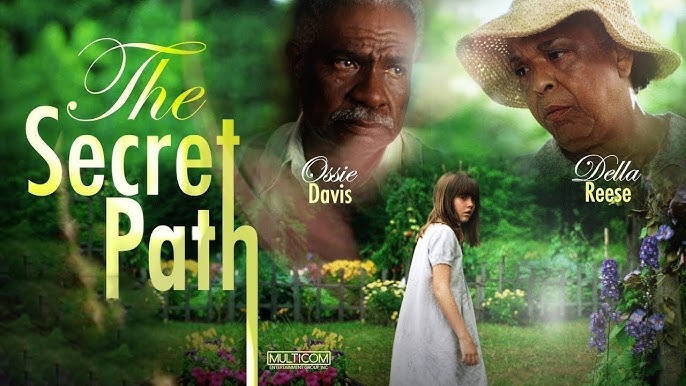Schindler’s List (1993): A Testament to Humanity Amidst Horror

Directed by the legendary Steven Spielberg, Schindler’s List (1993) is a profoundly impactful historical drama that chronicles the extraordinary true story of Oskar Schindler, a German businessman who saved over 1,000 Jewish lives during the Holocaust. The film is not merely a retelling of historical events but a haunting exploration of the human capacity for both cruelty and compassion.
Plot Overview
Set during World War II, the movie begins with Oskar Schindler (played by Liam Neeson) arriving in Nazi-occupied Poland. A charismatic and opportunistic entrepreneur, Schindler seeks to profit from the war by employing Jewish workers in his factory. With the help of Itzhak Stern (Ben Kingsley), a Jewish accountant, Schindler establishes a business that benefits from the cheap labor of Jews forced into Kraków’s ghetto.
As Schindler witnesses the atrocities inflicted upon the Jewish population—particularly the horrors of the Kraków-Płaszów concentration camp run by the ruthless SS officer Amon Göth (Ralph Fiennes)—he undergoes a profound transformation. Driven by a burgeoning moral conscience, Schindler leverages his wealth and connections to protect his Jewish workers from deportation to extermination camps, ultimately compiling a list of over 1,000 names—those he would save from death.
The film masterfully portrays the coexistence of good and evil within individuals. Schindler’s evolution from self-serving profiteer to selfless savior contrasts starkly with Göth’s embodiment of unchecked brutality.
Amid the unimaginable suffering of the Holocaust, Schindler’s List highlights the resilience of those who endured and survived, as well as the strength of those who risked everything to help others.
The Weight of Moral Choices
The story emphasizes the profound impact of individual choices. Schindler’s decision to act against the tide of hatred and violence saved generations of lives, proving that even in the darkest times, one person’s actions can make a difference.
Visual and Emotional Impact
Filmed in stark black-and-white, the cinematography enhances the historical authenticity and grim atmosphere. Spielberg uses color sparingly, most notably in the poignant image of a little girl in a red coat, symbolizing the innocence lost amidst the chaos. The film’s unflinching depiction of the Holocaust’s horrors leaves a lasting emotional impact, forcing viewers to confront the depths of human cruelty while recognizing the enduring power of hope and humanity.
Liam Neeson delivers a career-defining performance as Oskar Schindler, capturing his transformation from opportunist to hero with nuance and depth.
Ben Kingsley brings quiet dignity to the role of Itzhak Stern, serving as the moral compass and emotional anchor of the story.
Ralph Fiennes is chilling as Amon Göth, embodying the banality and monstrousness of evil with terrifying authenticity.
Schindler’s List is more than a film; it is a profound educational tool and a tribute to the victims and survivors of the Holocaust. Its critical acclaim includes seven Academy Awards, including Best Picture and Best Director for Spielberg, cementing its place as one of the most important films ever made.
Schindler’s List is an unforgettable masterpiece that confronts the darkest chapter of human history while celebrating the light of compassion and courage. It is a powerful reminder of the importance of remembering the past to ensure that such horrors are never repeated.






